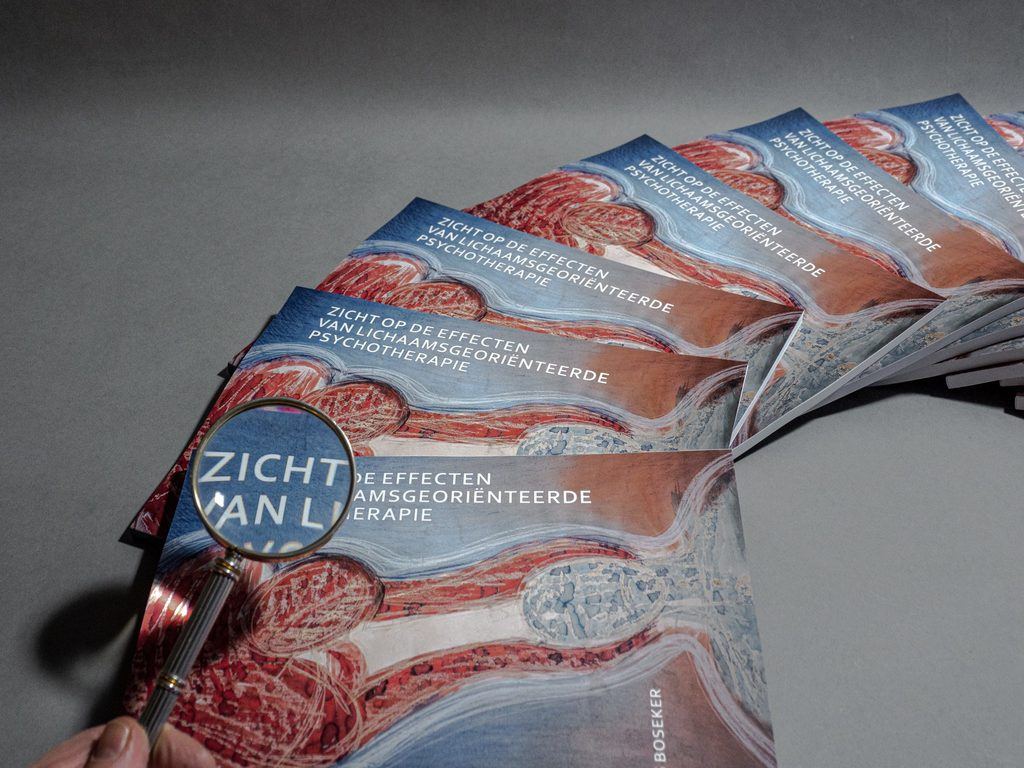
Book review: Surrendering to the flow of life
Subtitle: Beyond Character structures
Author: Fernando Aguiar, Brazil 2020
Translated by Tracie Shannon Houlihan, 2020
Review in Portugese and in English
Reviewer: Thaís de Queiroz e Silva
Body Therapist – Core Energetics
Master Physical Education, UnB – Brazil
Graduation Physical Education and Social Communication, UnB – Brazil
Website: www.corefeminine.org
Summary
Surrendering to the Flow of Life: Beyond Character Defense Structures was first published in Brazilian Portuguese (2019). It is the result of a 5-year research by the author, Fernando Aguiar, in which he used different therapeutic and meditative practices to observe the flow of vital energy in his own body and consciousness. The author writes in the first person and clearly and objectively exposes the intimacy of his findings in relationship with the flow. He defines flow as “listening carefully to the organism, what it needs, what is moving or seeking to move”.
The book has two parts, the first one explains the main concepts, and the second describes how surrendering to the flow happens in workshops and in an in depth experiential group. The theoretical part focuses on character defense structures and how to move energy in search of flow. It uses concepts from Core Energetics, TRE – Trauma Releasing Exercises and Pathwork. Chapters 4, 5 and 6 seem to be the heart of the book, in which “beyond the character structures” is presented in a 180-degree rotation: the author discusses the stages of development not from the childhood trauma and defenses perspective, but through the lens of the free flow of Structuring Intelligences and the adaptive quality of human development. He points out that each Defense Structure has its origin in an Intelligence that is available to be integrated by the child throughout development. In adulthood, the transformation happens as we reconnect to the free expression of the Intelligences. Continue reading
Ethnic and Cultural Awareness in Core Energetics
Zeshan Mustafa is Core Energetic Therapist. Her graduation thesis is about working as a therapist with awareness of different ethnic and cultural backgrounds. She herself is South Asian American who was raised Muslim. Her specialisms are intimacy, relationships, and anti-racist advocacy.
Core Energetics needs this perspective more integrated in the work. If you want to order her e-book, you can follow this link.

Book review ‘The Happiness Fantasy’ (by Carl Cederström) – 2018
‘I need a little bit of happiness, yeah.’
(Jonathan Jeremiah)
The Happiness Fantasy, first published in 2018 by Polity Press (ISBN 9781509523818; the title in Dutch is: Ons geluksideaal) is written by Carl Cederström. He is an associate professor of organization studies at Stockholm Business School. In his research he focusses on Lacanian psychoanalysis, philosophy, politics and work. The author is co-writer of The Wellness Syndrome and Desperately Seeking Self-Improvement. Books also about the contemporary obsession with health and happiness.
With a critical and sometimes tongue in cheek tone Carl Cederström takes the reader from the young Wilhelm Reich to the Trumpusconi’s of this time to lecture about the fantasy of happiness. A warming up: https://www.youtube.com/watch?v=l1lhN0_DYsY
Continue reading

Review Clinical Applications of Polyvagal Theory
Nancy Eichhorn wrote a review on the new book Stephen Porges
What happens when a question sparks a search? When a curious mind latches onto a quest to find answers that make sense, not just at a cognitive level but also with a bodily resonance, so it feels right? Well, if you’re Stephen W. Porges, you end up trying to understand how our physiology is related to our mental and behavioral states and then, with data in hand, you propose the Polyvagal Theory (1994), which links the evolution of the vertebrate autonomic nervous system to the emergence of social behavior.
review Clinical-Applications-of-Polyvagal-Theory-Review





